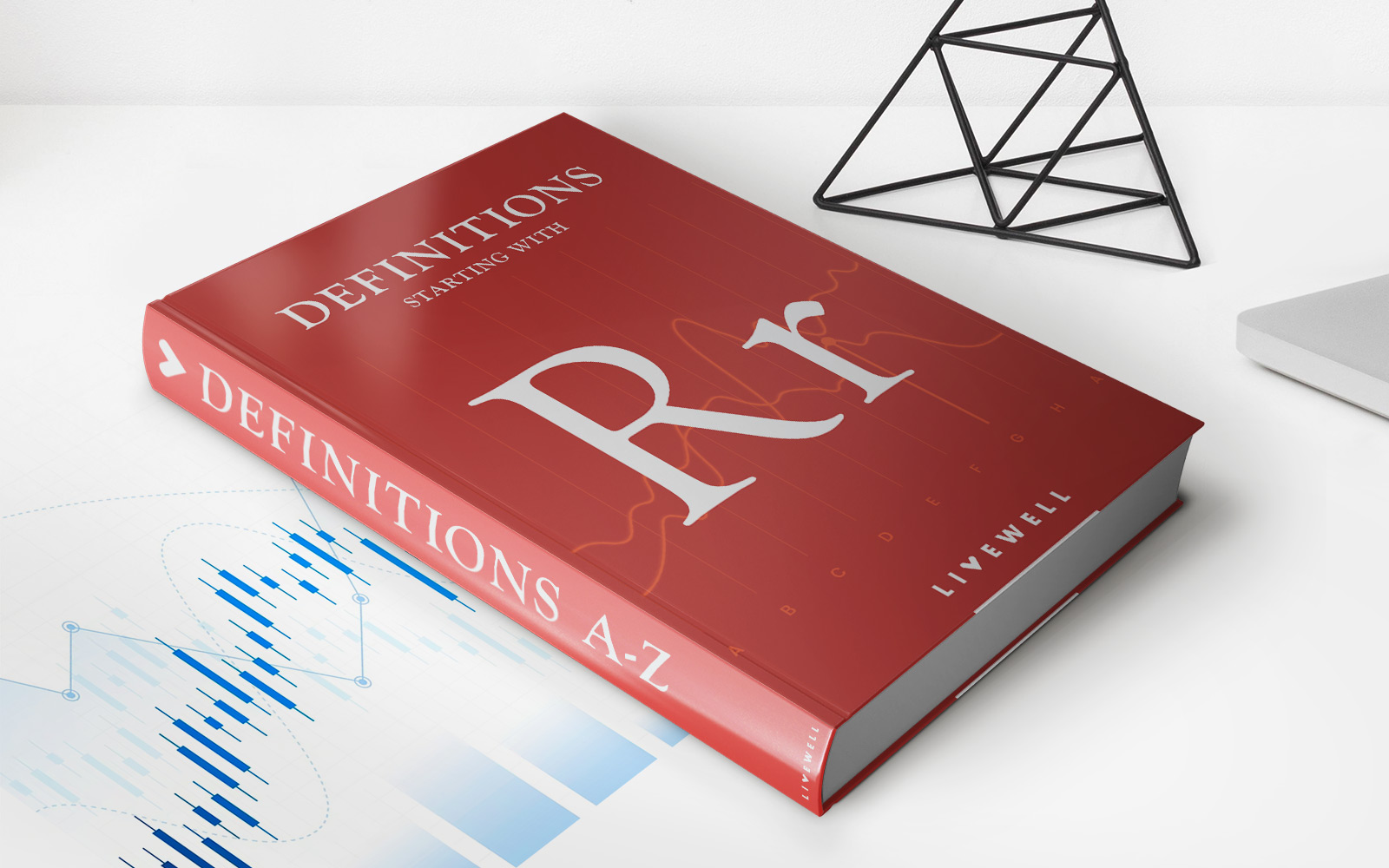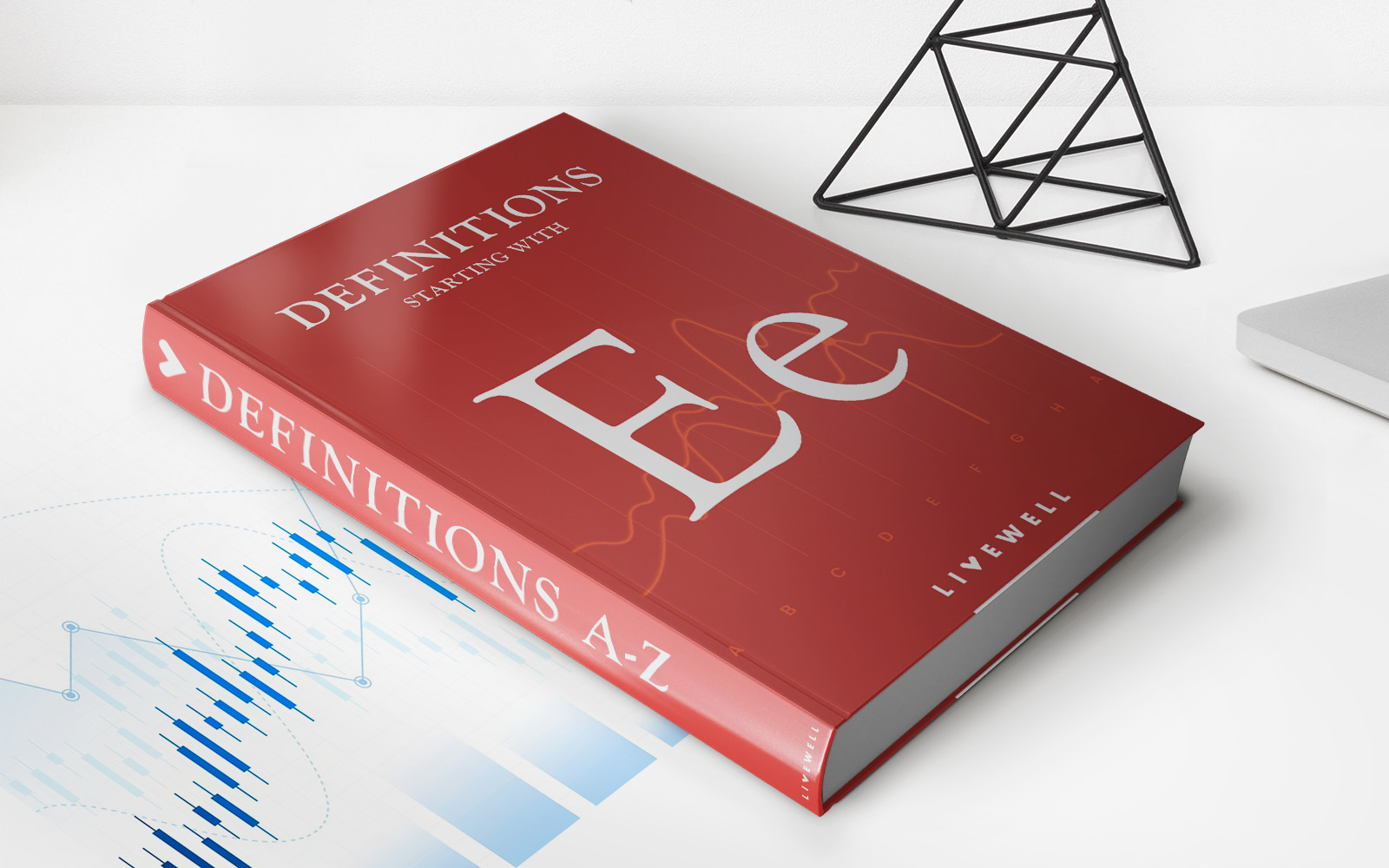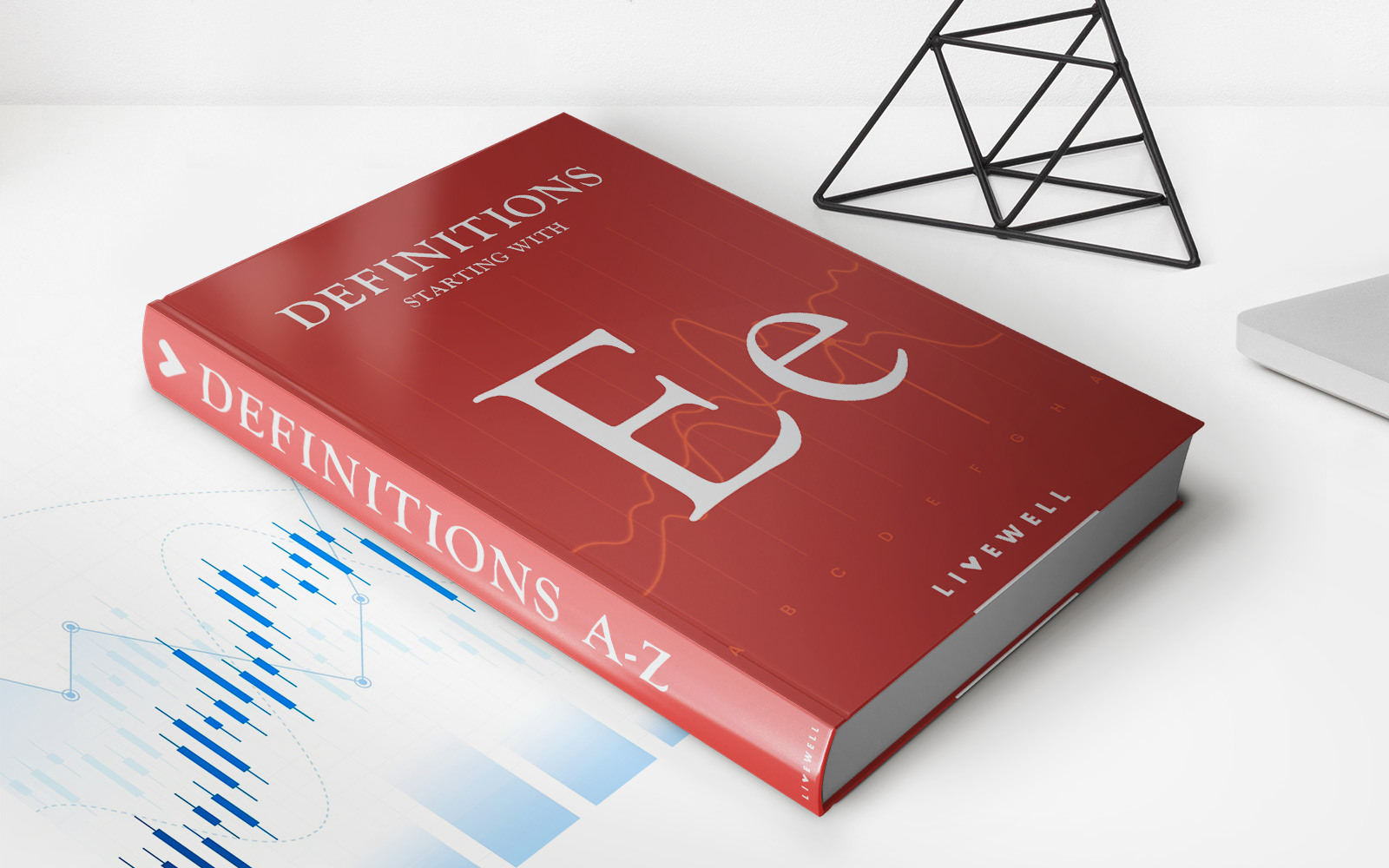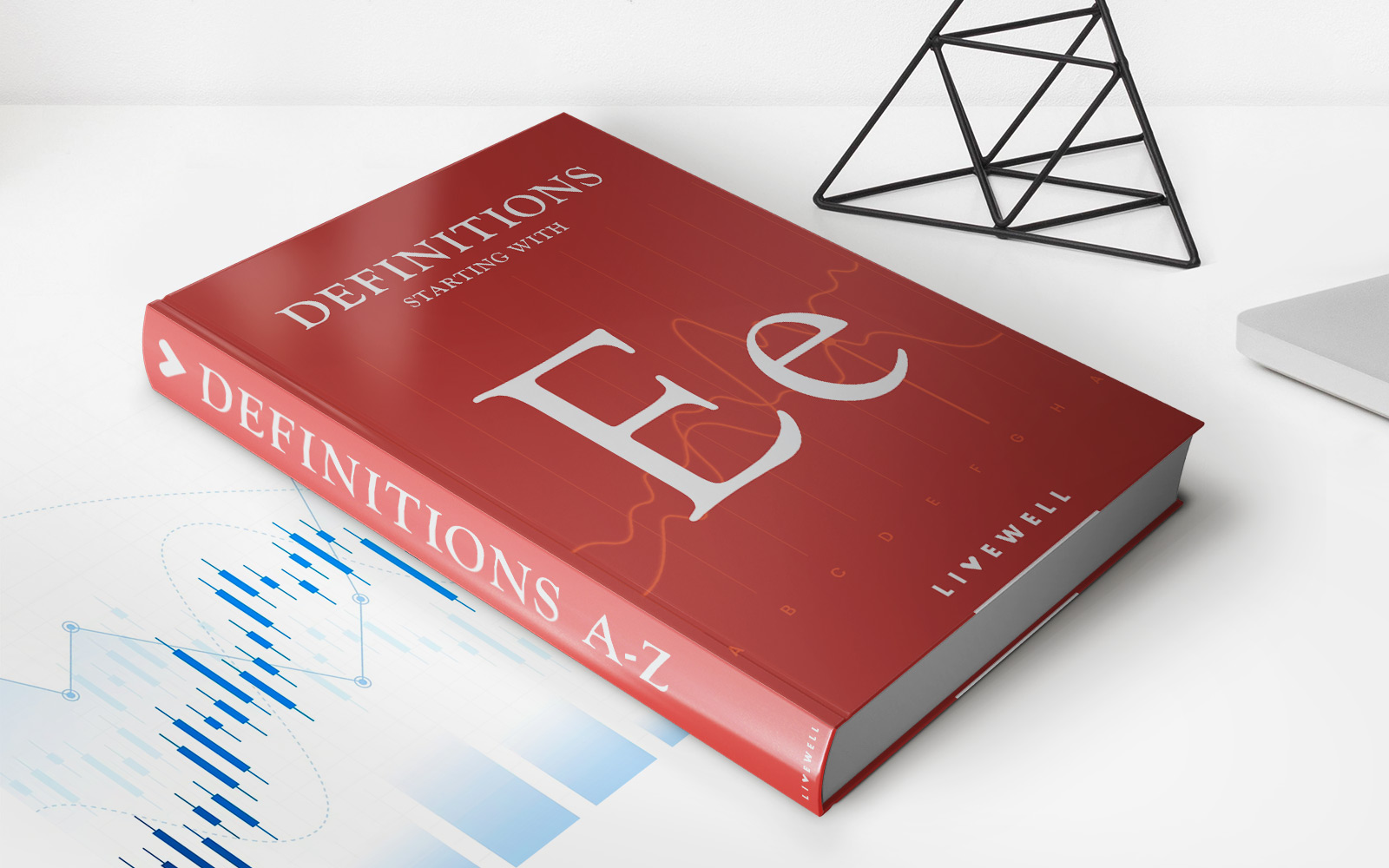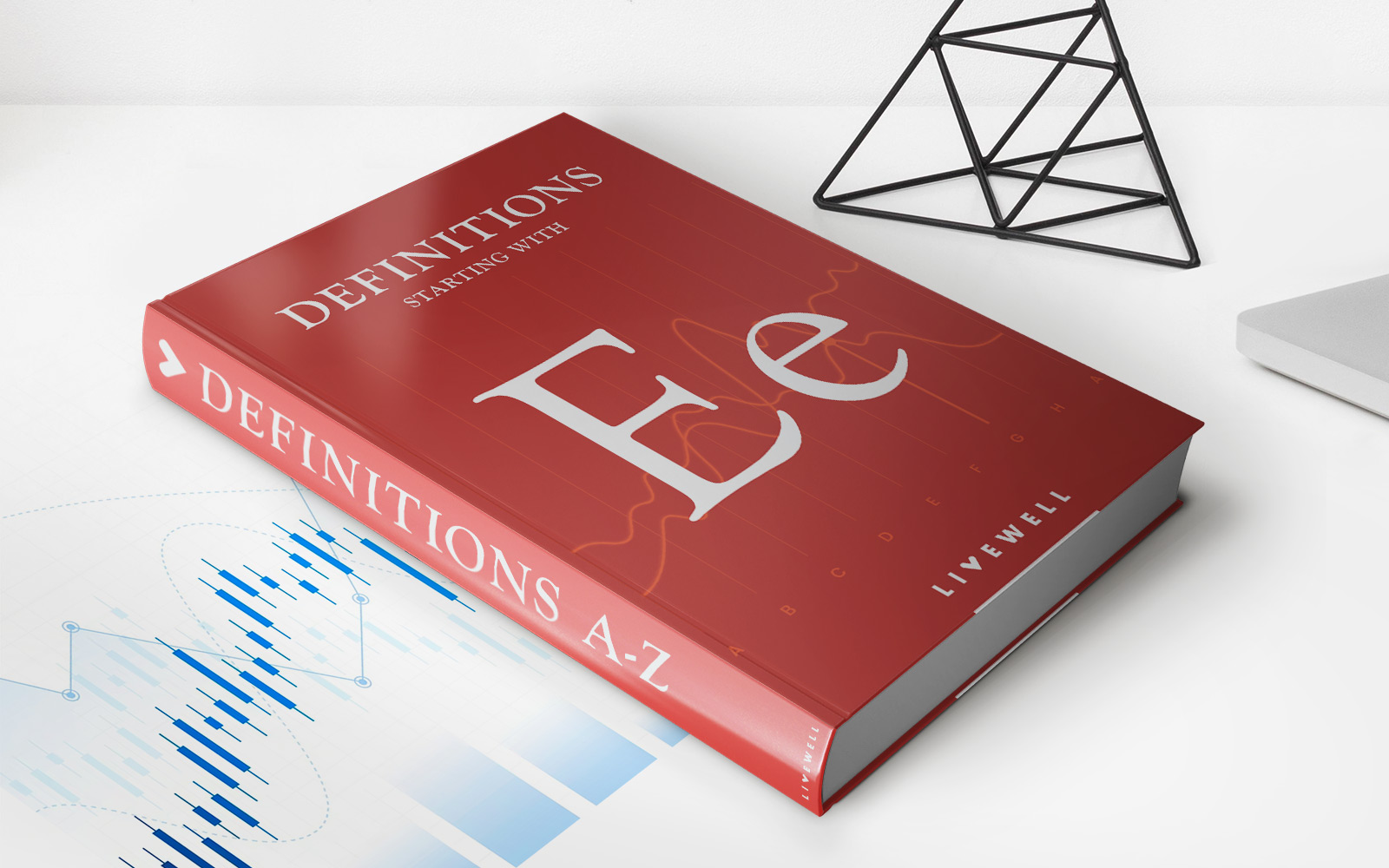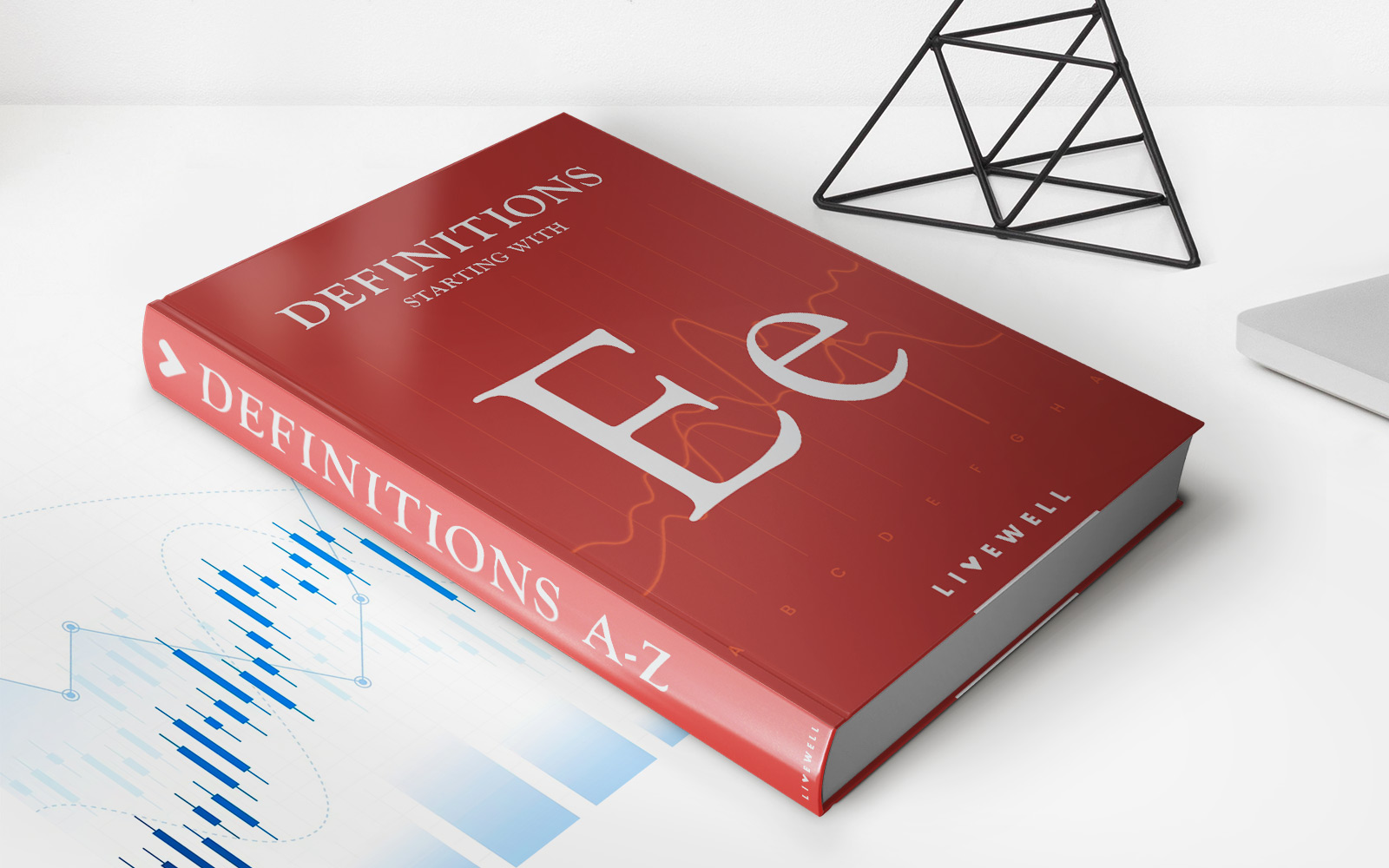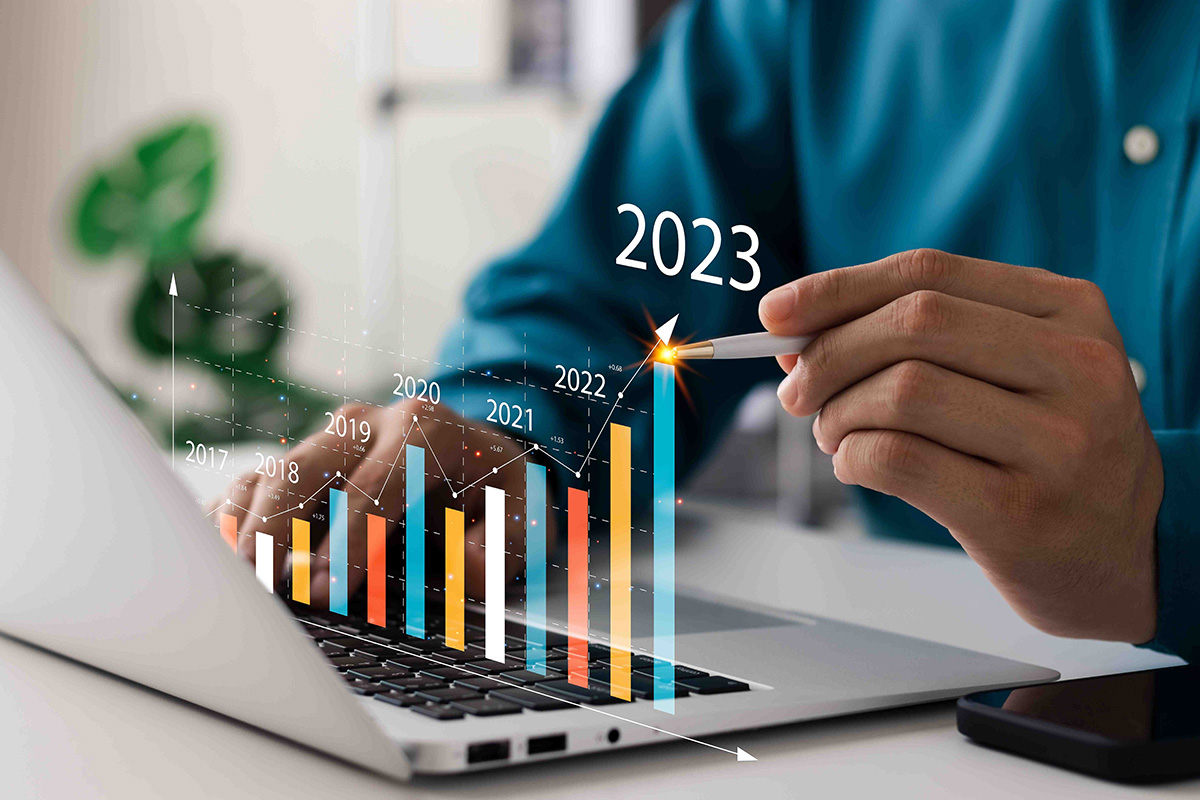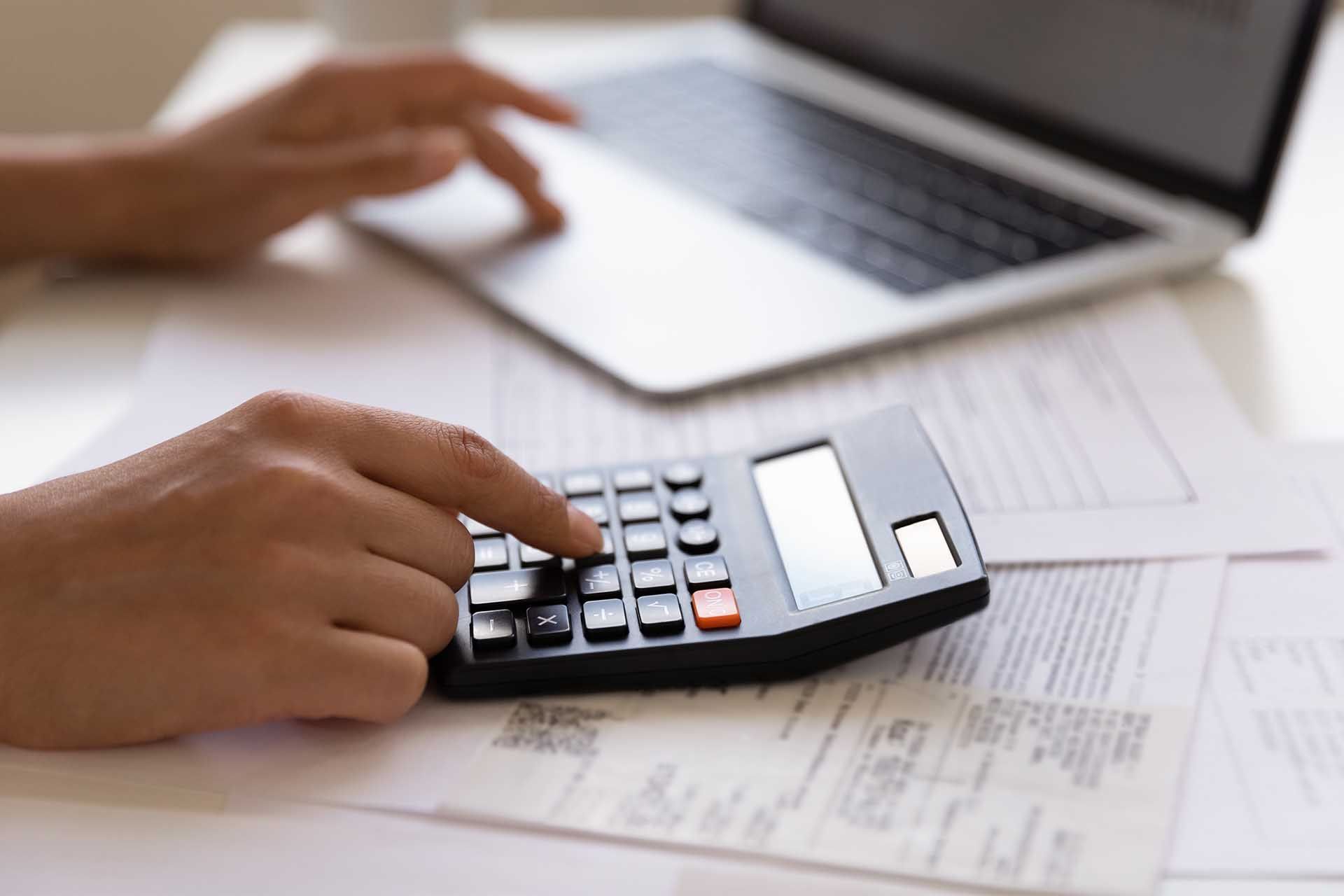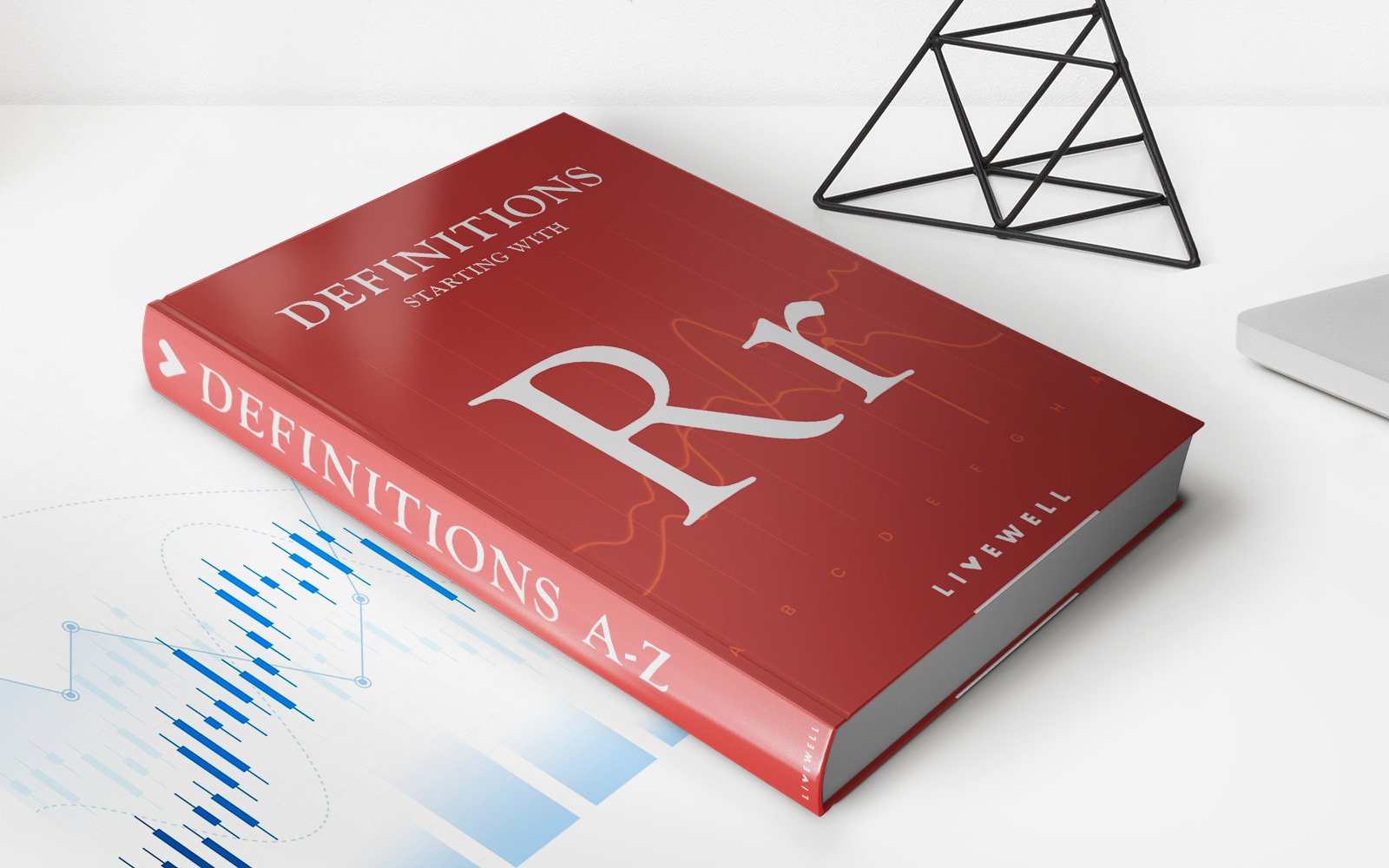Home>Finance>Retail Sales: Definition, Measurement, As An Economic Indicator
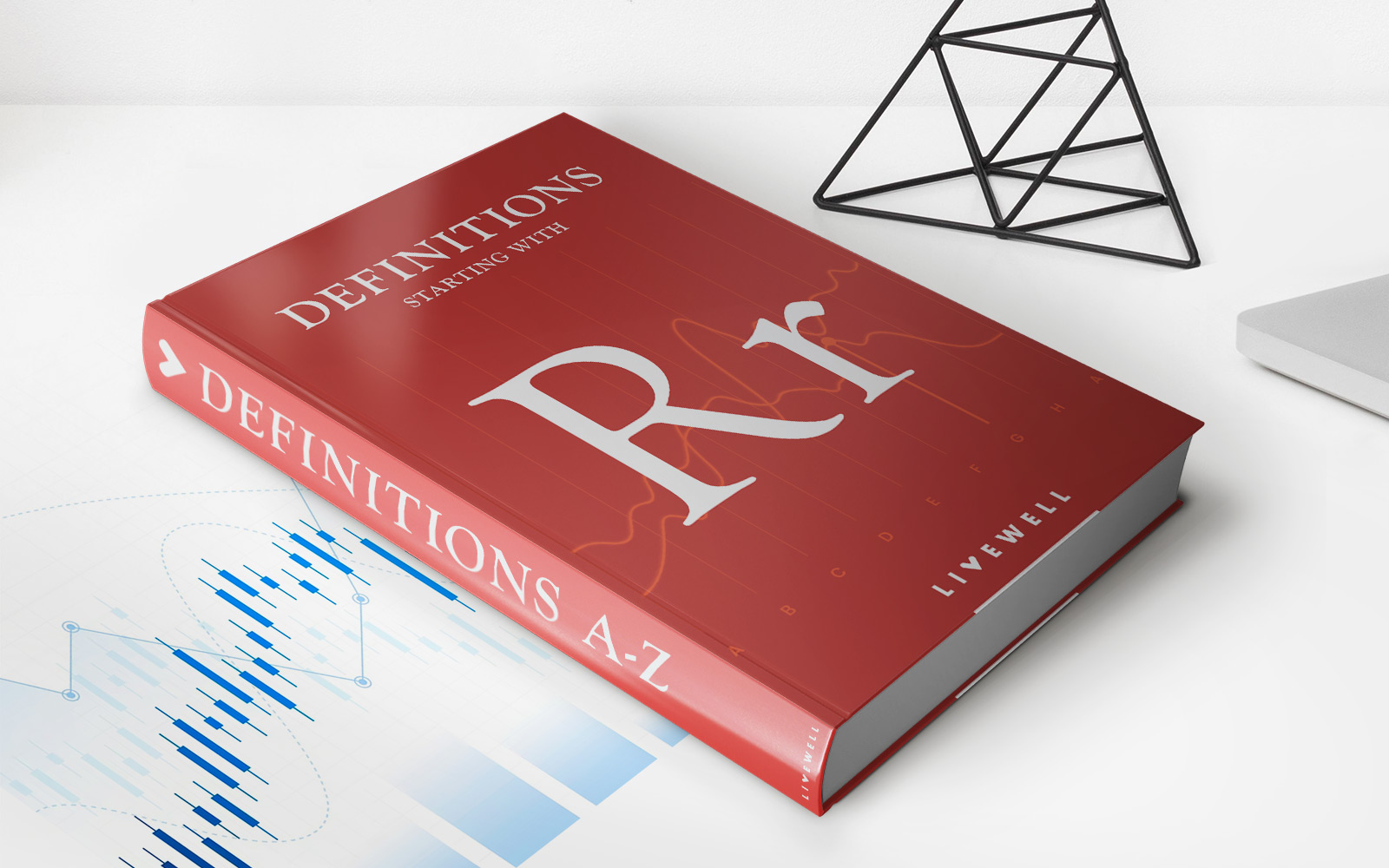

Finance
Retail Sales: Definition, Measurement, As An Economic Indicator
Published: January 19, 2024
Learn the definition and measurement of retail sales as a key economic indicator in the field of finance. Enhance your knowledge and stay updated in the industry.
(Many of the links in this article redirect to a specific reviewed product. Your purchase of these products through affiliate links helps to generate commission for LiveWell, at no extra cost. Learn more)
Retail Sales: Definition, Measurement, and Importance as an Economic Indicator
When it comes to understanding the state of the economy, retail sales play a crucial role as an economic indicator. They are an essential measure of consumer spending, which is a major driver of economic growth. But what exactly are retail sales, how are they measured, and why are they important? Let’s delve into the world of retail sales and explore their significance in the realm of finance.
Key Takeaways:
- Retail sales refer to the total amount of goods and services sold by retailers to consumers within a specific period.
- They are a vital economic indicator as they reflect consumer spending patterns, which account for a significant portion of overall economic activity.
What are Retail Sales?
Retail sales, in simple terms, represent the total revenue generated from the sale of goods and services by retailers to end consumers. These sales include a wide range of products, such as clothing, electronics, furniture, groceries, and more. They encompass both brick-and-mortar stores and e-commerce platforms, providing a comprehensive picture of consumer spending habits.
Retail sales data is typically collected by government agencies, such as the U.S. Census Bureau, through surveys and other data collection methods. This data is then analyzed to gauge consumer behavior, market trends, and overall economic performance.
How are Retail Sales Measured?
To measure retail sales accurately, statisticians employ various methodologies. One commonly used approach is the monthly Retail Sales Report, which gathers data from a representative sample of retail establishments across different regions. This report provides valuable insights into overall sales figures as well as sector-specific performance.
Another widely recognized measurement is the year-over-year comparison. By comparing retail sales data from the current period to the same period in previous years, economists can identify trends and detect changes in consumer behavior.
The Importance of Retail Sales as an Economic Indicator
Retail sales serve as a critical gauge of the health of the economy and are closely monitored by policymakers, investors, and businesses. Here’s why:
- Consumer Confidence: Retail sales figures help gauge consumer confidence, reflecting whether people are willing to spend their hard-earned money. A rise in retail sales often indicates increased consumer optimism, which bodes well for economic growth.
- Economic Growth: Consumer spending accounts for a significant portion of economic activity, and strong retail sales numbers indicate robust demand, which drives economic growth. Conversely, a decline in retail sales can signal a slowdown in economic expansion.
- Market Performance: Retail sales data can have a direct impact on financial markets. Positive retail sales reports often lead to increased investor confidence and can drive stock market gains. Conversely, weak retail sales figures can create uncertainty and potential market volatility.
- Business Strategy: Retailers use sales data to gauge the success of their strategies and adjust their operations accordingly. By analyzing retail sales figures, businesses can identify areas of growth and make informed decisions about inventory management, pricing, and marketing efforts.
In conclusion, retail sales are not just a measure of the goods and services sold to consumers but serve as a critical economic indicator. Through accurately measuring consumer spending patterns, retail sales provide valuable insights into the overall health of the economy, consumer confidence, market trends, and even shape business strategies. Understanding retail sales helps policymakers, investors, and businesses make informed decisions in an ever-evolving economic landscape.

